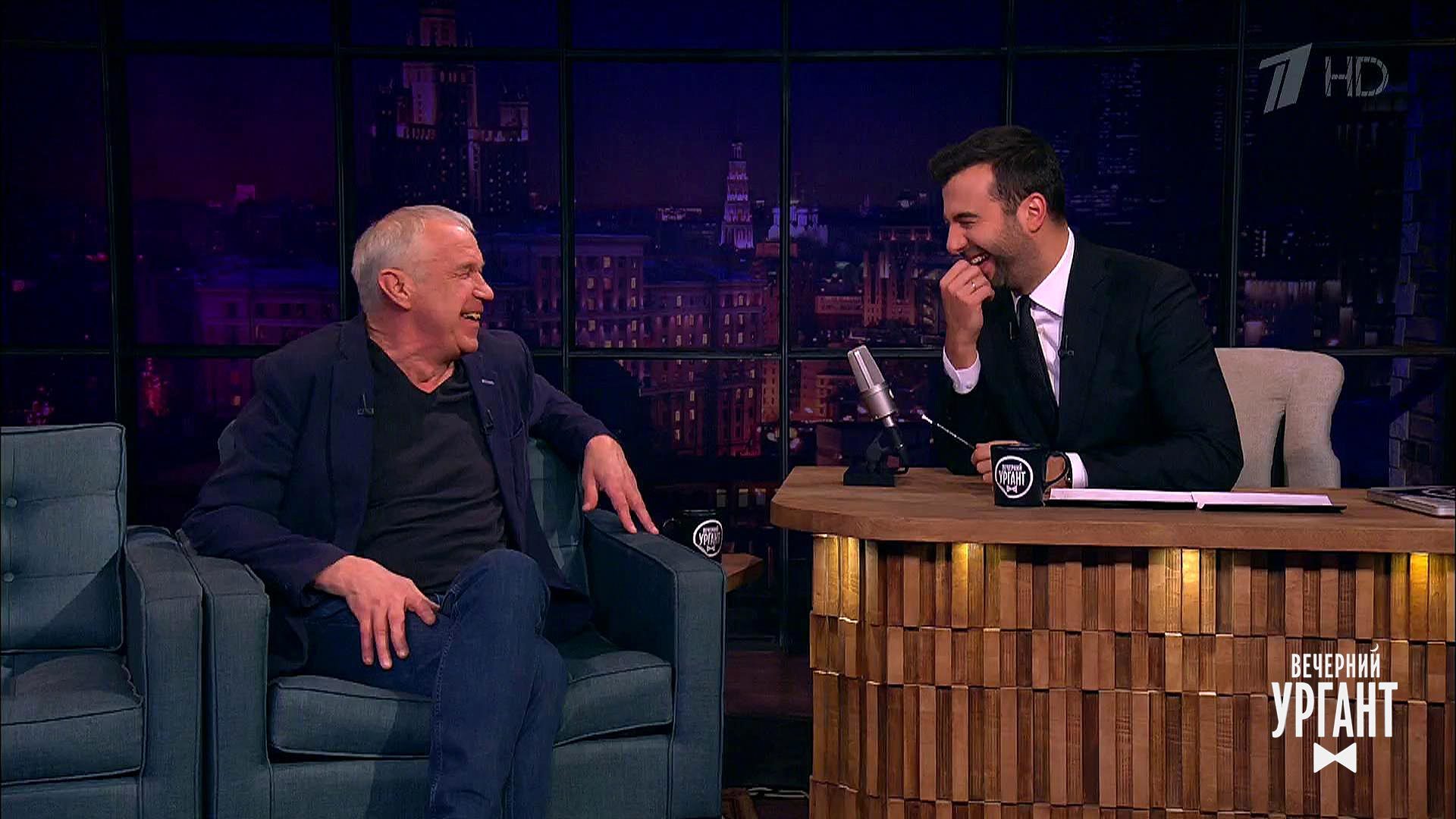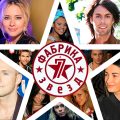Eurovision is a TV broadcasting agency providing international news, entertainment and sport coverage to in-network members. Founded in 1954 as an apparatus of the European Broadcasting Union, Eurovision is now the world’s largest contribution network with 75 broadcasting organizations in 56 countries.
Although a major broadcasting organization in its own right, the name “Eurovision” is today most closely associated with the Eurovision Song Contest, an international competition held annually by the Eurovision network since 1957. Participating countries submit an original song to be performed on live TV and then vote to determine the most popular song. Nations may not vote for their own song, and each country receives equal voting power.
Although triumphant artists rarely enjoy long-term success, there are a few notable exceptions: ABBA, the 1974 winner for Sweden; Bucks Fizz, winner in 1981 for the United Kingdom; and Céline Dion, who won in 1988 for Switzerland.
The winning country is the host of the next years’ contest. Hosting the Song Contest is often considered an opportunity to promote the host country as a tourist destination. In the summer of 2005, Ukraine suspended normal visa requirements for visitors from the EU to coincide with its hosting of the event. Estonia was the first post-Soviet country to win the competition in 2001, and Latvia followed in 2002.
Although it was founded as a non-political contest meant to draw Europeans together à la the Olympics, many complain that the competition actually portrays Europeans as in competition with one another and that this often underscores, rather than dilutes, nationalist tendencies. Further, it’s often accused of being used for political purposes even though it’s not supposed to be. In 2009, Georgia selected the song “We Don’t Wanna Put In,” but the song text was banned by Eurovision as implying criticism against Russian Prime Minister Vladimir Putin following the previous year’s Russo-Georgian war. Georgia withdrew from the 2009 contest when asked to modify the lyrics.
The 2017 Eurovision Song Contest was held in Kiev, where Russia planned to perform “Flame is Burning,” a song by wheel-chair bound singer Julia Samoylova. Ten days after announcing their song choice, the Security Service of Ukraine issued a three-year travel ban against Samoylova, saying that she’d travelled directly from Russia to Crimea in 2015 to give a performance, which is a breech of Ukrainian visa policy. Russia promptly withdrew from the contest.
Watch the full finale of the 2017 Eurovision Song Contest:











